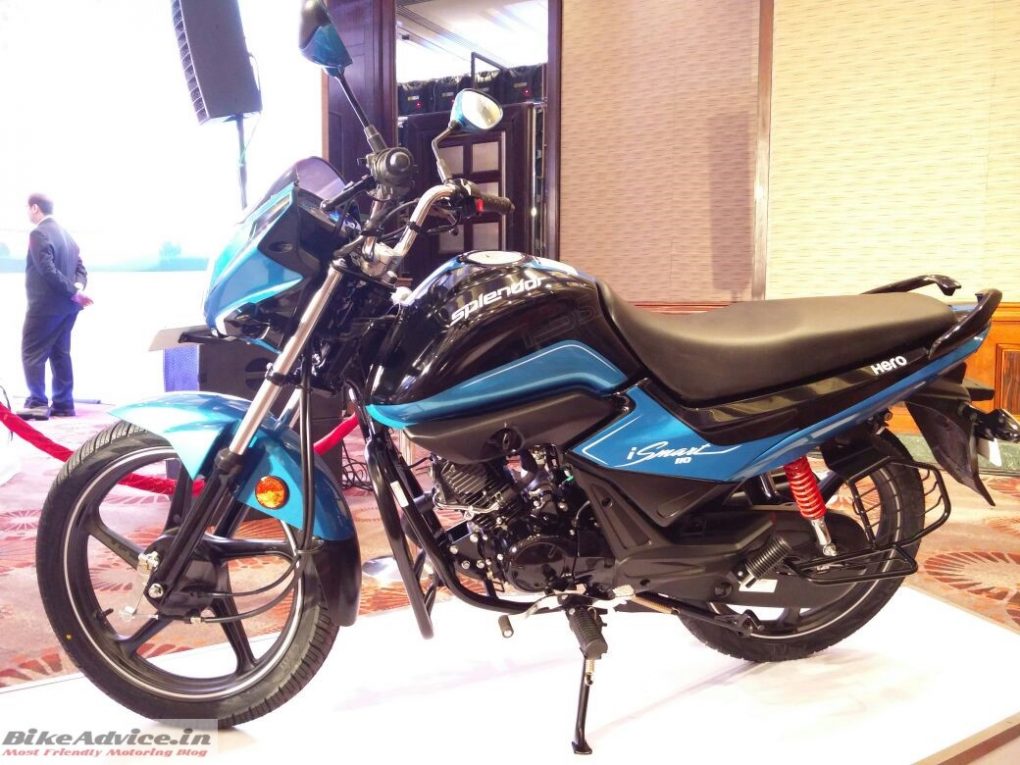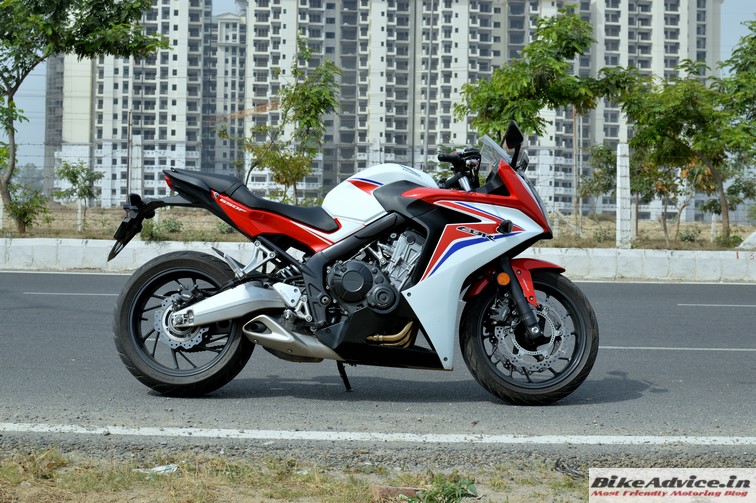It is not everyday that the government proposes a major change in the taxation system in the country. Goods and Service Tax, popularly being referred as GST, brings with it a ray of hope which the automotive industry is looking ahead for. After years of hurdles in which political parties went through a fierce brawl to make their point heard, the GST has been finally passed by the Rajya Sabha.
I loved the speech given by our Finance Minister Mr Arun Jaitley and the subsequent statements by Mr P Chidambaram in the Rajya Sabha but a lot has still been left unsaid. At present two wheelers are levied a combined tax rate of around 23 to 24 per cent. With GST in place this number is expected to be brought down to 18 per cent. Yes, that’s a silver lining right? Wait, before you start jumping with joy expecting the price of your favourite two-wheeler to be reduced, do remember that changing safety and emission compliance requirements will raise the prices of products.
Folks at ACMA (Automotive Component Manufacturers Association of India) are happy with how things are moving. They believe removing the multiple taxes, which has a cascading effect on prices, and creating a one India market is actually the government’s way of plugging the gaps in their agenda of making business an easy and trouble free affair. Society of Manufacturers of Electric Vehicles too are hopeful for the future. Their Director, Mr Sohinder Gill, believes that the removal of different tax rates by various states, some of which go as high as 14 per cent, will assist the electric vehicle industry.
Here’s what some key manufacturers in the industry feel about the passage of GST bill in Rajya Sabha:
- Mr Pawan Munjal, MD and CEO, Hero MotoCorp:
“It is indeed a historic day – a true manifestation of ‘Unity in Diversity’. At a time of divisive politics all around the world – particularly in the advanced democracies of the West – the passage of the Goods & Services Tax (GST) reflects the maturity and willingness of the Indian democratic system to work towards the greater benefit. All political parties have come together for the overall good of the country’s economy. This has the potential to make our economy more open and robust and our country more competitive internationally.”
- Mr YS Guleria, Senior VP, Sales and Marketing, Honda Motorcycle & Scooter India:
“The Goods and Services Tax (GST) is definitely one of the most important tax reform in the history of India which was closely tracked by each and every one this monsoon session of Parliament. The GST rate and other terms of the tax are yet to be finalized. However once implemented, we expect the effective tax rate to come down (from the current 28% – 35% taxation rate as the two-wheeler sector faces as many as 13 different types of taxations). The new simplified and uniform tax structure will reduce the cascading effect of tax-over-tax, provide a 360 degree ease of doing business for the complete automobile ecosystem, be it suppliers, manufacturers, dealers and most importantly customers who will get the benefit.”
- Mr Roy Kurian, VP, Sales and Marketing, Yamaha Motor India:
“Introduction of GST is a significant step to promote trade and industries, especially for the manufacturing sector. The impact on the automotive sector can only be gauged after the RNR (revenue neutral rate) is announced. However, it is certain that the taxation system will get simplified and more transparent. The overall rate is expected to come down benefitting manufacturers which will eventually benefit the end consumers.”
- Harley Davidson India, Company Spokesperson:
“The Goods and Services Tax Bill is a step forward in the positive direction for both the manufacturer and customer.”
- Mr Vimal Sumbly, MD Triumph Motorcycle India:
“Tax reforms have been a topic of discussion and the passing of GST Constitution Amendment Bill in the parliament is the most significant reform since independence and we welcome such a historic move. We have a complex tax structure that includes indirect taxes, duties & surcharges, where GST will help in making this uniform throughout. We will wait and watch till we have clarity on the rate of tax applicable to our industry.”
Comments from other manufacturers are awaited while Suzuki has refused to respond to our queries.
Yes, while overall the industry is looking forward to the introduction of GST, more will be clear only when the actual tax rate under the new Bill has been decided. The exclusion of petrol and diesel from the GST umbrella may be another concern as otherwise prices would have come down. However, as states have correctly pointed out, petroleum related products (and alcohol) as the biggest source of revenue for state governments, maybe this is for the better.
What about you guys? Do remember to jot your views in the comments section below.








